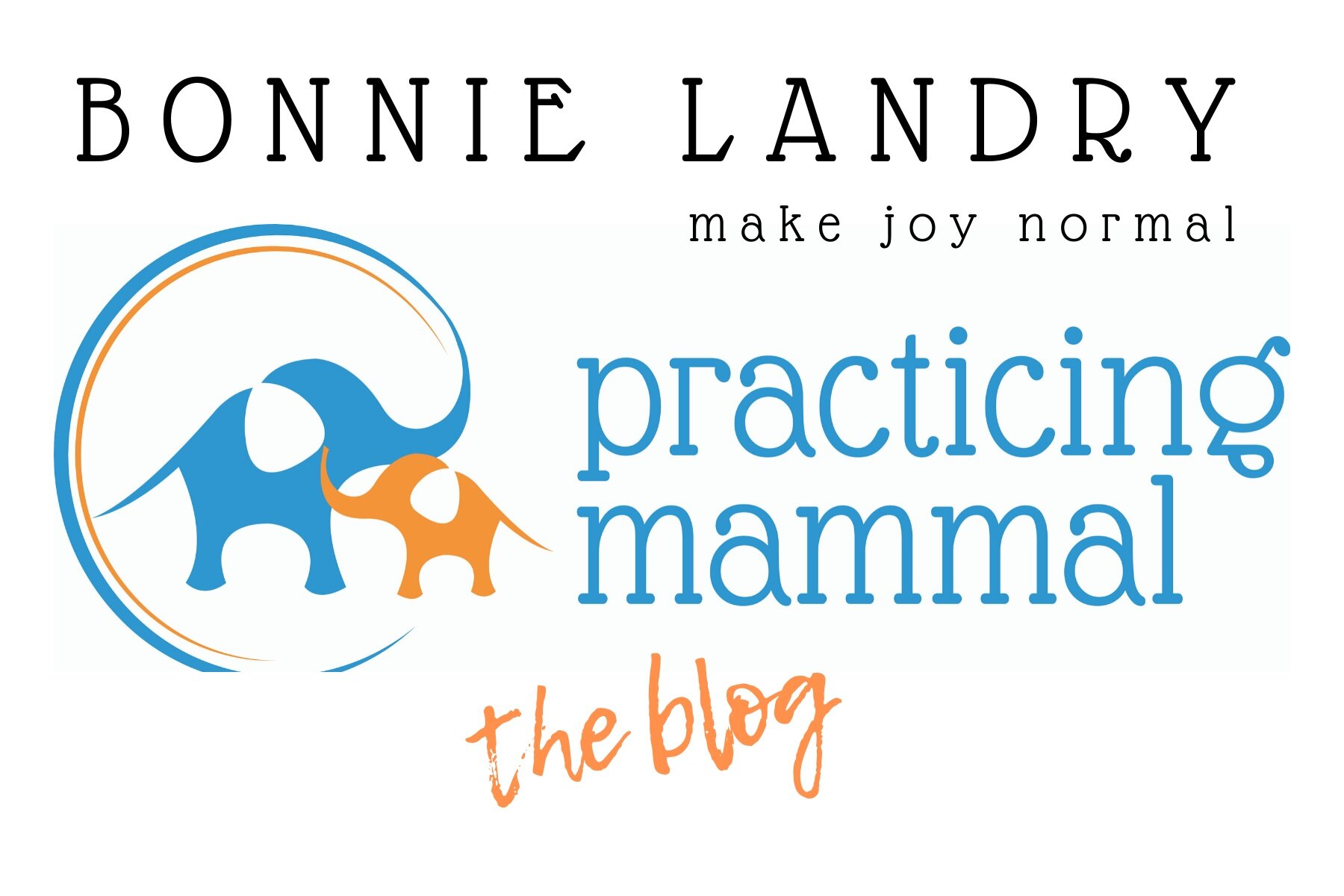what is the goal of learning language arts
That can be a little blurry when we start separating and breaking down the learning of language into “subject areas.” Let’s back up and look at the big picture. If we want to understand what the goal of learning language arts IS, we need to take a look at language. What is it used for?
Language is used to express thought, share ideas, shed opinions, further understanding, fuel hope, cultivate imagination, give direction, determine needs, provide context, stimulate speculation, impart wisdom, determine identity, gain trust, develop relationships, communicate feelings, declare love.
It is our primary means of communication.
Clearly, language has some pretty big responsibilities.
If we learn how to understand and use language well, we can do everything better. Including, but not limited to:
our relationships with others
learning a new skill
imparting our own knowledge to others
sharing our opinions with charity and clarity
determining what needs to be done and how to do it
Big responsibilities, yes. But let’s start with this. Language should be an ongoing area of growth. As parents, we can never think of our children’s language skills as complete. We need to recognize that our job, teaching our own, is to set them on a path. Learning both the technical skills and fullness of language as a means of communication will help us all our lives, and as we grow as people (which we do all our lives) our language skills need to grow and allow for the adaptation and increase in our skill, knowledge, manners, depth of love of God and others.
Do we need to study grammar, spelling, sentence diagramming in order to further ourselves? No, we don’t.
What we do need to do, however, is read, communicate, listen and challenge ourselves.
And that doesn’t need to be hard. Parents of small children do not need to be reading Russian literature or the Early Fathers of the Church in order to challenge themselves. But five minutes a day of scripture, or reading novels aloud to your kids, or listening to a great speaker. Five minutes a day of something. That’s doable. Maybe it’s not as satisfying, but it will accomplish huge goals in little chunks. It expands the mind.
That’s a big deal. Expand the mind.
And we can approach teaching language to our kids the same way. Little chunks. Big growth.

